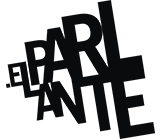
Is it possible to entertain and educate through fiction? This is what Edutainment does and what the Oh my joy-La Erie team wants to achieve: an attractive, transmedia audiovisual product with social responsibility. An original proposal by the producer Camille Zonca for Betevé , which also has a youth committee and the advice of elParlante .
“Oh my joy! (Oh my gossip!) It was, probably, one of the first national programs that defended feminisms, the LGBTI community and the sexual and reproductive rights of the youngest population,” says Albert Baquero Roig, producer of Camille Zonca. We are talking about 2016 when he started this television adventure in the form of a magaquin. Since then, interest in these subjects has increased, and by turning the program into a fiction series, they have found a much more diverse panorama, and a wider national and international offer.
But, there are many issues that make the difference in Oh my joy!-The Series. One of them, without a doubt, is the participatory work that has been done since the third season, where the committee of young consultants carries out a collective reading with writers and producers to give more realism to the series and the characters.
With guts in the air
The first two years of Oh my joy! all came into agreement to opt for a more informative format, which moved between reports and fiction sketches , and which was advised by the Centre Jove Cjas. The contents of OMG! were shared and discussed with high school students and, with their contributions, the small lines of argument of the program were nourished.
“As a producer we were interested in carrying out a project with social responsibility, working with young people. Dealing with the topic of sexuality, which we had not entered, was good for us as a curve of learning. From the first season we had learned a lot about gender and sexuality, and from young people; Even though we have been working with them for five years. However, we wanted to use fiction and entertainment as educational tools”, explains Aïda Torrent Ciudad, producer of the series.
“The change of OMG! to OMG!-The Series it has not been free, but underlines the desire to make an interesting fiction product, which generates a link, aimed at all audiences”, adds Baquero. “We would like to continue to have advice, not from expert adult people, which is also important, but more from people of the same age to which the series is aimed, but with the added bonus of knowledge, activism and militancy in the topics it talks about OMG!”
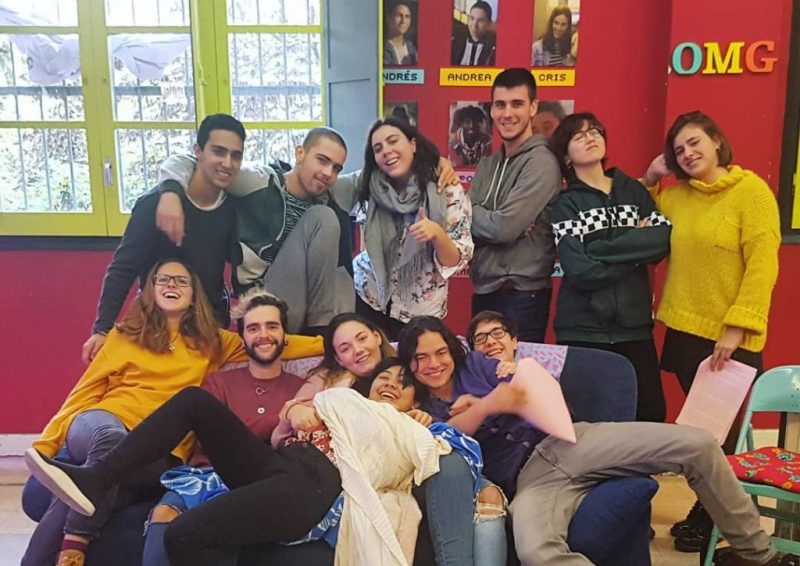
Team of young consultants of Oh my joy!-La Serie con elParlante 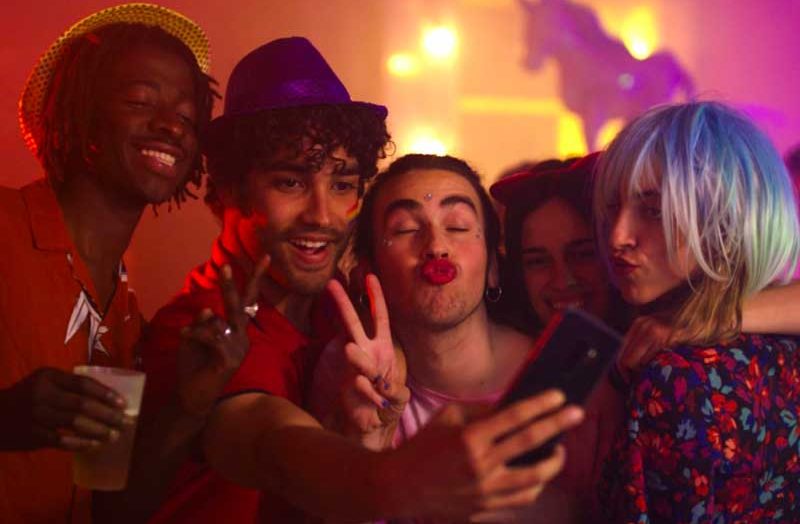
Fictional characters from Oh my joy!- The series.
“This new format still has more visibility than it had before, it may be because it has more diffusion and interaction through social networks,” says Torrent. “It worked a lot, and that’s how the awards (Zoom Festival and CAC) show it,” says Baquero. “Because the fact of being raw when it comes to showing things, and that of the content done with young people, people are very surprised. (…) Ya no se hace un Screenning Test, como se hacía antes en la TV, sino un testo de guión. Can this work?, why not?, or how would you do it?, are some of the questions when we work on plots. In the end, it’s a learning experience for us and for the audience.”
The team of young people advising the series
Since presenting the fiction proposal for the third season in Betevé, Camille Zonca’s team contacted Alfredo Cohen Montoya from elParlante to work in a participatory way with the team of young experts that advises the series. And, although the work began as a script consultancy already finished; In 2019, for the fourth season, the committee participated directly in the decision on the issues to be discussed.
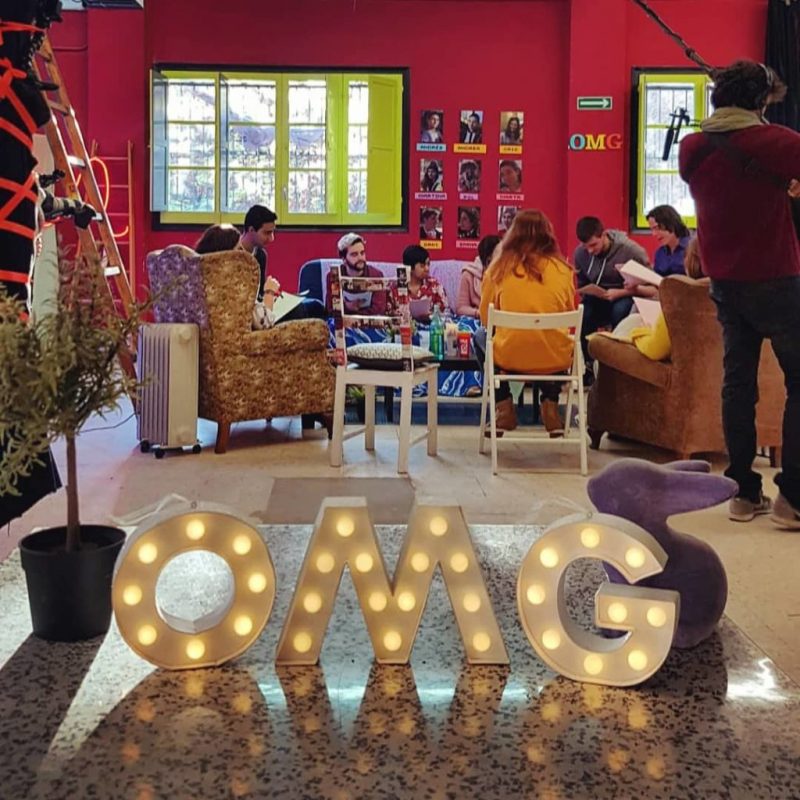
From a first brainstorming session, energized by Alfredo, the topics were explained. We proposed a narrative structure and they met in small thematic groups. Each group dealt with more specific plots. For example, we talked about the character of a girl who became pregnant. Then, there was a commission in charge of reviewing the contents, checking that what was proposed was of interest to them, and that there were as many realistic elements as possible. We also consulted with experts who came to the sessions in case there were things that the team of young people did not know, they could consult: pregnancy, STIs (Sexually Transmitted Infections), consumption and addiction to networks and screens, etc “.
Aïda Torrent, producer of Camille Zonca
However, the process of scripting with the group of young people does not end there. After the first version, it is sent again to the committee to express their opinion, and see if the contents have collected well the ideas shared during the previous sessions. The final scripts are validated by the committee and the producer.
Maybe Oh my joy- The series is not a participatory project in its entirety, as acknowledged by the production team. It is mediated by a creative team and another, more technical, production team that is responsible for giving the content the professional finish that fiction needs. But this condition does not separate him from his educational vision. Better it gives it a new category, that of Eduteinment.
What is Edutainment?
Edutainment is not simply another acronym invented by Americans. It has a very ancient origin, possibly in the Renaissance, and clearly refers to the use of entertainment as an educational tool. The combination of Education + Entertainment has been used in board games, comics, radio, film, television and video games.
In Latin America, it is better known as Eduentretenimiento and although it has very few references, almost all are academic in nature. Within this panorama, there is a very interesting one, which was made in Colombia: Revela2 . A communication and health strategy that included a fiction series for young people and adolescents, focused on the knowledge of their sexual and reproductive rights, as well as STI prevention.
“We always try to have an international perspective, both in the Scandinavian countries and in the Latin countries,” says Baquero. Revela2 has been a good reference for the series, when it comes to dealing with sexual content. Another is the Norwegian fiction Skam, which has given them the possibility of having a broader look at identity and diversity.
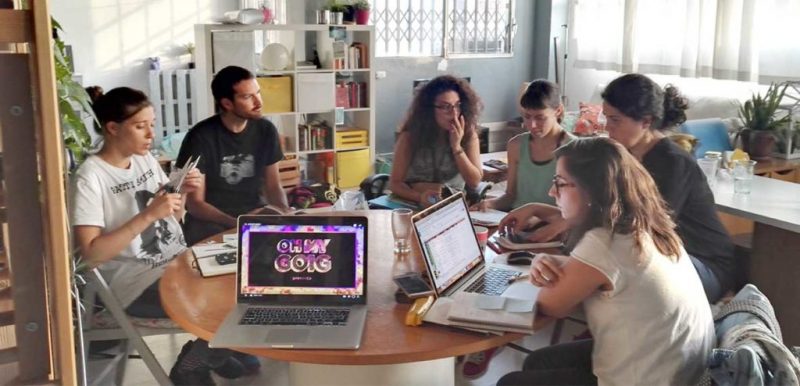
“The panorama today is much broader than it was a year and a half ago”, explain Albert and Aïda. “Content that is interesting, gender, LGBTI, sex education too, such as Sex Education, which is not perfect but has very positive things.” “What we always found was that the same stories were being told, adding a touch of diversity to look good: the gay or lesbian friend, as if it were a child, never telling these stories from the point of view of LGBTI or racialized people.” “They were like satellites around white heterosexual couples, and we also wanted to break with that, away from stereotypes.”
Right now, the spotlight is on YouTubers, on a more personal narrative, created from frankness, with more illustrative stories, and that’s why they incorporated one into the series. It is coming that Oh my joy!-The series still has many paths to explore, such as polyamory, for example. His vision of the future is that of a world where various life options are visible, where sexuality does not have to work so hard, where all of us are better prepared. For now, they are still working for the premiere of the fourth season in spring 2020.
